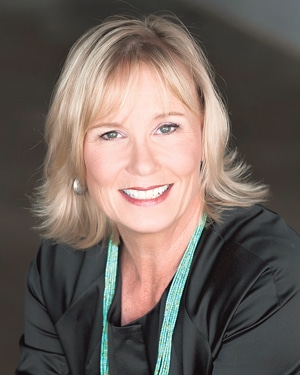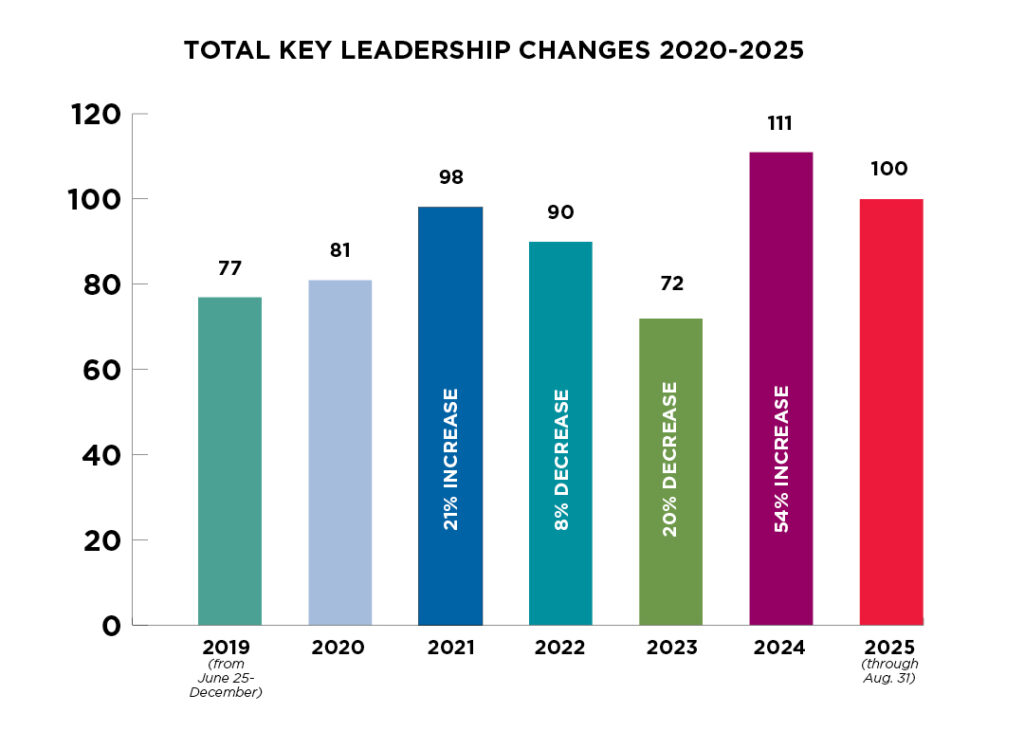Guest Opinion: Leadership’s expiration date

Recently, a friend said to me, “Leadership has a shelf life.”
I have been thinking about that statement ever since. The definition I use for leader is someone in a position to influence the lives of others. Given this definition, leaders are coaches, pastors, parents, professors, politicians, managers – in both profit or nonprofit organizations.
Yet, leaders of organizations often don’t engage in succession planning as they should and individuals struggle with letting go and moving on when they have overstayed their welcome.
Knowing when and how to transition is important in order to do what is best for the organization and for the leaders themselves. As this same friend said, “You need to know your expiration date.”
Organizations that have clear succession plans and execute them well are giving the organization a gift by preparing for the future. Simultaneously, the leaders are given a gift of being able to intentionally plan for their future. Lately, I have heard several people use the phrase “she/he stayed too long” regarding someone who was in a position of influencing their life.
Leaders often stay too long because of the uncertainty of what’s next for them and for the firm. In The Heroes Farewell: What Happens When CEOs Retire, Jeffrey Sonnenfeld emphasizes that “work provides more than financial compensation. It provides many of the same functions as family and community—namely, personal identification, group belonging, and a purpose for our efforts.”
Basically, people lose their “platform” or sense of purpose and identity making it hard to “retire” and move on to something else. But leadership “shelf life” is not limited to retiring, but also acknowledging when one has lost the “fire in the belly” — the passion and drive to be effective. It may be that the leader has not kept up with the changing times.
Sonnenfeld points out that the process for transitioning is similar to the stages of grief associated with death. In transitions, we don’t start something new until we end something and endings are accompanied by losses related to power, titles, achievements, routines, scheduled events, and status symbols.
But retirement is an antiquated term. With longer life expectancies, often we are no longer retiring, but moving onto something else. Retirement is a twentieth-century creation that is not as relevant today when fewer people have jobs that require physical labor and people are more active and living longer.
Marc Freedman, CEO and founder of Encore.org, a nonprofit organization working to promote encore careers, refers to retirement as a transition, not a destination.
It is hard to do what is in the best interests of the organization and in one’s best interests also. It takes moral courage to leave a safe place when you have been comfortable. One metaphor is to think of swinging on vines in a jungle. It is hard to let go of one vine unless you see another vine within reach. Without another vine, we cling as tightly as we can to the current vine.
All too often we tend to plan for the phases of our life except for the phase after our primary career. For example, we plan how to raise children, particularly in a dual-career family. Once I had the day-care situation figured out, it was time to think about preschool. When I had that covered, it was time to decide on after-school care. Then plan on drivers for high school and help them evaluate their college choices. In other words, planning for “what’s next” is just as important as planning for these other phases. And beginnings come with new opportunities for growth, renewal, and learning.
Rather than let your shelf life expire, now is the time to rediscover, redefine, reframe, rethink, refresh, renew, re-career. Baby Boomers are not going to retire as we have come to know it, but we will be moving on… So what do you want to move onto? You can decide if you intentionally take charge of your life.









